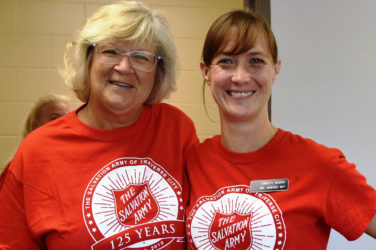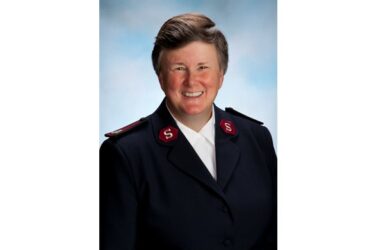by Dr. Karen Hurula
When I teach the principles of spiritual self-care, I’m often challenged by someone in the audience who questions whether self-care is selfish. It’s so common I actually expect it and look forward to the challenge because I believe all believers need to know how vital—and unselfish—spiritual self-care really is.
I think a common struggle in our spiritual journey is the confusion that exists in what is meant by “becoming more like Christ” as we mature spiritually and being image bearers of God. No matter how much we grow in Christlikeness, or how we bear the image of God, we are not God. We are limited by our humanity. We have limits of time, energy, health, knowledge, etc.
Jesus modeled how to care for ourselves during His time on earth. He knew when He needed time alone, to stop working, spend time in prayer or take a nap. He not only knew it, He practiced it. When we fail to respect our limits, we endanger ourselves and those for whom we are responsible.
In addition to the feeling that we need to keep working, giving, serving and doing as an outgrowth of our faith, we live in a society and culture that prizes busyness. Our culture values full calendars, having something to do and somewhere to be at all times. As a society we are notorious for neglecting to use our vacation time. This is not the life God wants us to live, and it’s not the humanity Jesus modeled.
Author Pete Scazzero says we do violence to our souls when we don’t respect these natural limits, specifically time and energy, and don’t practice Sabbath. If you look at when God gave the Ten Commandments to Moses and the nation of Israel, He emphasized the command to Sabbath in great detail. Yet, plenty of us live like it doesn’t apply to us.
Sabbath is a beautiful provision God knew we would need. To properly practice Sabbath we need one 24-hour period, every week, where we step away from our work. We step away for several purposes: worship, rest, delight. We rest from our work to demonstrate our trust that God’s purposes can be accomplished without our effort. We spend time developing our relationship with God in worship, both individually and communally. And we delight, meaning we engage with our passions, the other loves and interests God has put in our hearts.
If you haven’t prioritized obedience to this provision and commandment, invite God into your planning and calendar management and ask Him to show you how to make this a regular discipline in your life. Then, step back and see how God shows up and rewards your faith and obedience.





